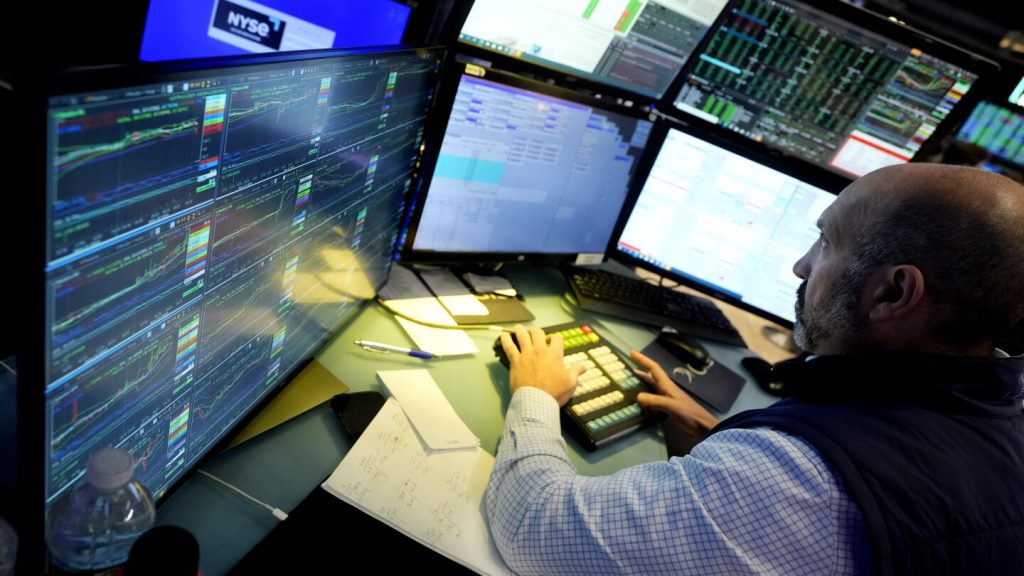The U.S. stock market remained relatively quiet on Friday, hovering around record levels, with the S&P 500 edging down slightly and the Dow Jones Industrial Average dipping 0.1%. The Nasdaq composite managed to set a record high the day before, thanks to gains in technology stocks. In Europe, however, markets experienced sharper losses due to recent elections, particularly in France, which have raised concerns about the future of the European Union and fiscal stability in the region.
RH, a home furnishings retailer, saw a significant drop of 17.1% after reporting weaker than expected losses for the latest quarter, citing it as the most challenging housing market in three decades. High mortgage rates have impacted the housing market, as the Federal Reserve has maintained its interest rates at the highest level in over two decades in an effort to control inflation. Cruise-ship operators also saw declines after reports of softening price trends for trips, with Norwegian Cruise Line and Carnival both experiencing losses.
Despite these challenges, stocks have reached record highs amid hopes that inflation is slowing enough to prompt the Federal Reserve to cut interest rates later in the year. Technology stocks, in particular, continue to perform well regardless of economic conditions. Companies like Adobe and Broadcom reported stronger profits than expected, leading to gains in their stock prices. Nvidia also saw an increase in its market value as the demand for artificial intelligence technology grows.
In the bond market, U.S. Treasury yields ticked lower following a report showing that consumer sentiment failed to improve as expected. While consumer spending has been a driving force for the economy, concerns over rising prices and weakening incomes are starting to impact personal finances. However, expectations for upcoming inflation among consumers have not seen significant movements, suggesting that the economy may avoid a cycle of higher inflation.
Overseas, Asian markets were mixed, with Japan’s Nikkei 225 rising slightly after the country’s central bank maintained interest rates. Overall, the global economy is facing uncertainties related to political developments in Europe, inflation concerns, and shifts in consumer sentiment. The performance of key sectors, such as technology and housing, will continue to be closely monitored by investors as they navigate the evolving economic landscape.


